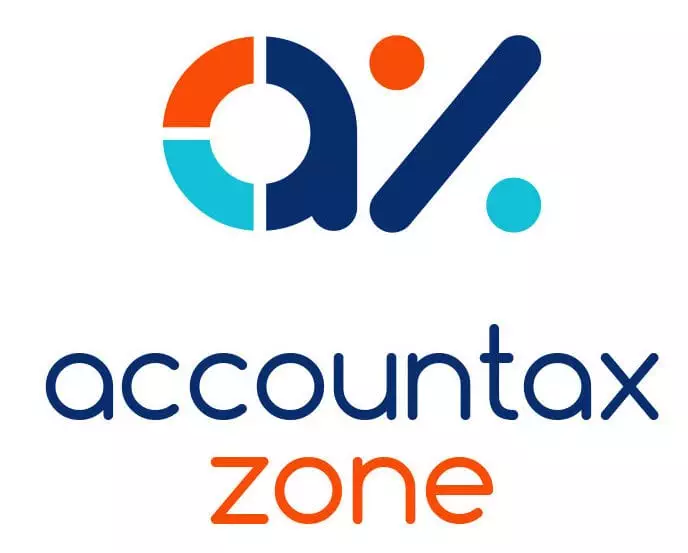Although the economy is said to be stagnating with little growth on the horizon, many smaller companies are doing well and have healthy bank balances. However, with the interest rate return on cash in a bank account being relatively low, some companies are looking to invest spare cash elsewhere if investing in their own company is not desired or possible. The tax implications of such investments arise when companies that are connected lend to each other. Usually, this can be done without tax implications, provided the conditions under the loan relationship rules are met. Reasons for lending to a connected company include scenarios where one company has spare cash to invest while the other does not or lacks funds for business investment.
Connected companies
HMRC define a ‘connected’ company as one where either the same person has control of both companies, or one person has control of one and persons connected with them have control of the other, or where two or more persons have control of both companise.
‘Loan relationship’ rules
Special rules govern a company’s loan relationships, covering all loans (whether in cash or not) made both by and to a company. The tax implications of these rules require transactions to be conducted at arm’s length, reflecting what would typically occur between unrelated parties. They also define how income and expenses from loan relationships are treated, as well as any gains or losses from changes in loan values or related transactions. For example, under normal loan relationship rules, interest is relieved when it accrues in the accounts, not when paid. The transfer of cash for the loan amount is not a taxable event—tax implications arise only if interest is charged and received.
Practical point
There is no legal or tax reason for charging interest between UK resident-connected companies, therefore many such loans between connected companies do not. However, should interest be charged, it will be taxable in the lending company’s accounts but tax deductible in the borrowing company’s accounts.
Investing in property
Trading companies can invest in property; however, it is more common for a separate non-trading company to be incorporated to keep the investment property separate from the main trading company (i.e. ‘ring fence’ the property). One reason for separation is that personally drawing funds from a company usually incurs a tax bill; another is that should the trading company go into liquidation then the property will be saved from creditors. However, the main reason is to avoid jeopardising the availability of Business Asset Disposal Relief on any future sale/winding-up of the trading company.
In order to make the investment, the trading company lends its surplus cash to the investing company, which then purchases the property in its own name. If the investment is funded through a combination of an inter-company loan and a mortgage from an external lender, it is advisable for the investment to be made by the non-trading company. This is because if the investment is made in the trading company’s name, lenders typically require personal guarantees from the directors or often a fixed and floating charge debenture over the company itself. Understandably, many business owners would rather avoid such charges over their trading company.
Invariably the loan will be satisfied by the sale of the property. However, the lending company may decide to write off the loan. Where companies are connected, the usual treatment for a loan that is written off is that the transaction is tax-neutral (i.e. there is no charge to the borrowing company and no tax relief for the lending company).
Practical point
There is no legal requirement for a formal loan agreement to be made especially where the companies are connected either by being owned by a sole director or husband and wife as neither company is likely to sue the other for breach of contract.
You might also like to read: Tax implications of letting out your drive
Partner Note










